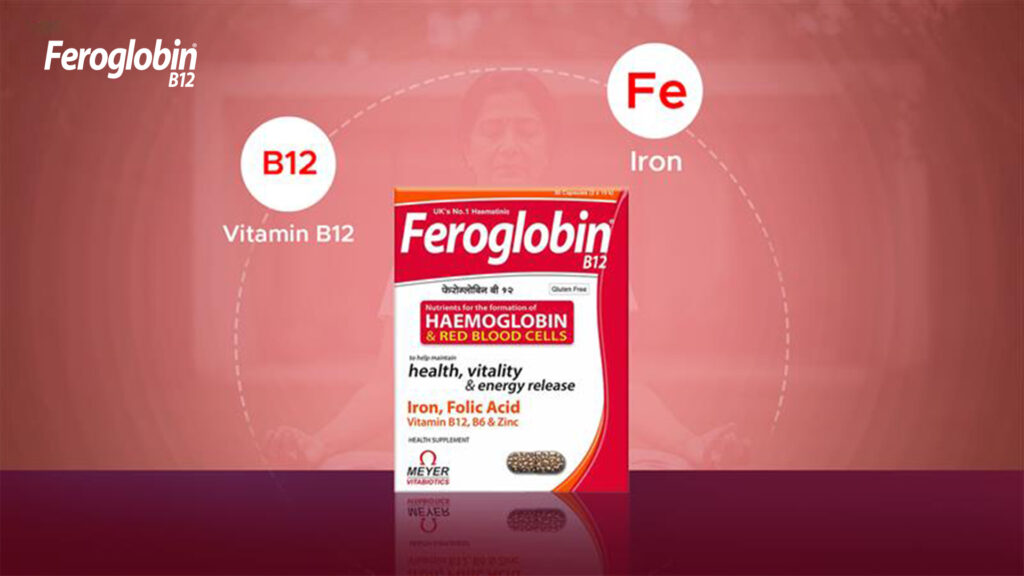Can stress relief tablets be a lifesaver?

With the fast-paced nature of today’s world, it is no wonder that “stress” has become a commonly used word in our daily vocabulary. Be it minor inconveniences or major problems, our bodies have been hard-wired to respond with anxiety, anger or fear. Over the years, we have developed strategies and behaviours that can help clear the mind and navigate these problems calmly.
But do we truly understand stress? Is it biology? Its impact? In this blog, that’s exactly what we’ll talk about. Let’s jump into it.
What is “Stress”?
The World Health Organization (WHO) defines stress as a state of worry or mental tension caused by a difficult situation. It is a physical, emotional or psychological response that occurs when faced with a challenge or threat.
Although everybody experiences stress, its intensity and response can vary with each individual. Mainly, there are 3 types of stresses:
Acute stress: This is short-term stress, often caused by specific events or situations. It can be positive, like the excitement before a presentation or negative, like the nervousness before an exam.
Chronic stress: This is long-term stress that persists over an extended period. It can result from ongoing problems in personal or professional life, traumatic experiences, or unresolved childhood issues.
Episodic acute stress: This is when acute stress seems to be a constant presence in someone’s life. It’s characterised by a pattern of repeated stressful events, creating ongoing distress and tension.
Symptoms of Stress
Physical |
Emotional |
Behavioural |
|
|
|
Can my diet be a part of the problem?
Yes. Food plays a major role in how your mind and body react to stress. It’s not just about overeating and undereating – those would be considered as symptoms of ongoing stress (as mentioned above). It’s more about what is going into your body – are they foods that can trigger your stress or reduce it considerably?
Caffeine, sugar and alcohol are foods that can cause blood sugar to spike or even affect your sleep and anxiety levels. So here’s some vitamins and minerals you need to include in your daily diet to help you manage your stress levels:
-
Vitamin B1 (Thiamine): Helps support the nervous system and improve mood by aiding in the production of neurotransmitters like serotonin.
-
Vitamin B3 (Niacin): Supports the adrenal glands, which are involved in the body’s stress response, and helps convert food into energy.
-
Vitamin B5 (Pantothenic Acid): Plays a role in the production of stress hormones and neurotransmitters like serotonin.
-
Vitamin B6 (Pyridoxine): Helps the body make serotonin and norepinephrine, which regulate mood, and supports the production of the sleep hormone melatonin.
-
Vitamin B9 (Folate): Supports the production of dopamine, a neurotransmitter that helps regulate mood and stress response.
-
Vitamin B12 (Cobalamin): Supports the production of neurotransmitters like serotonin and dopamine, which play a role in mood regulation.
-
Vitamin C: Acts as an antioxidant and helps reduce levels of stress hormones like cortisol and adrenaline.
-
Magnesium: Helps regulate the body’s stress response system and promotes relaxation by binding to gamma-aminobutyric acid (GABA) receptors in the brain.
-
Zinc: Supports the production of neurotransmitters like serotonin and helps regulate the body’s stress response.
-
Omega-3 fatty acids: Help reduce inflammation and lower cortisol levels, a hormone associated with stress.
Why should I include Stress Relief Tablets in my daily routine?
-
Convenience: All it takes is a single pill a day. Stress relief tablets provide a convenient way to consume essential vitamins, minerals, and amino acids known to support stress reduction and mental well-being.
-
Nutritional Support: The vitamin composition of stress relief tablets is crucial in supporting the body’s stress response system, neurotransmitter production, and energy metabolism.
-
Reduced Stress and Anxiety: By staying consistent with your vitamin intake, these pills can reduce stress and anxiety, promote relaxation, and support a positive mood.
-
Mental Performance: Stress relief tablets may also help support mental performance, cognitive function, and overall well-being when experiencing stress.
-
Quality Assurance: No supplements are released into the market without the necessary tests and say so of that country’s food and drug board.
Don’t forget that while stress relief tablets can be beneficial, they are NOT a substitute for healthy lifestyle habits such as regular exercise, a balanced diet and adequate sleep. Make sure that you consult with a healthcare professional before starting any new supplement regimen, especially if you have any underlying health conditions or are taking medication.
Categories
- Articles (1)
- Beauty, Hair, Skin (19)
- Kids-Teens Health (3)
- Men's Health (14)
- Mind-Body (62)
- News-Research (9)
- Others (2)
- Women's Health (22)
Top Selling Products
Wellwoman 50+ multivitamins for women over age 50 years with Vitamins, Iron, calcium, amino acids to support menopausal symptoms, maintain energy, Vision & Heart health| Vegetarian 30 Tablets
Rated 5.00 out of 5
(9)
₹516.80 (₹17.23/Tablet)
MRP: ₹646.00 (Upto 20% off)
Wellman 70+ Multivitamin Tablets | Ginseng, Pumpkin Extract & Citrus Bioflavonoids | Supports Health & Vitality | Boosts Vision, Immune System & Cognitive Function | 30 Veg Tablets
Rated 5.00 out of 5
(9)
₹379.20 (₹12.64/Tablet)
MRP: ₹474.00 (Upto 20% off)
Wellman 50+ Multivitamin Tablets for Men Aged 50+ | Ginseng, Citrus & Amino Acids | Support Health & Vitality | Boost Cognitive & Immune Function | Reduce Tiredness & Fatigue | 30 Veg Tablets
Rated 5.00 out of 5
(5)
₹360.00 (₹12.00/Tablet)
MRP: ₹450.00 (Upto 20% off)
Wellwoman 70+ Multivitamins For Women Over Age 70 With Biotin, Isoflavones, Zinc, Vitamind To Support Physical & Mental Health, Improve Cognitive Function & Energy Levels Vegetarian 30 Tablets
Rated 5.00 out of 5
(9)
₹374.40 (₹12.48/Tablet)
MRP: ₹468.00 (Upto 20% off)
Wellman Multivitamin Tablets for Men – 21 Nutrients – Boost Immunity, Support Reproductive Health & Energy Levels – Gluten-Free, Vegetarian – 30 Tablets
Rated 5.00 out of 5
(9)
₹350.40 (₹11.68/Tablet)
MRP: ₹438.00 (Upto 20% off)










